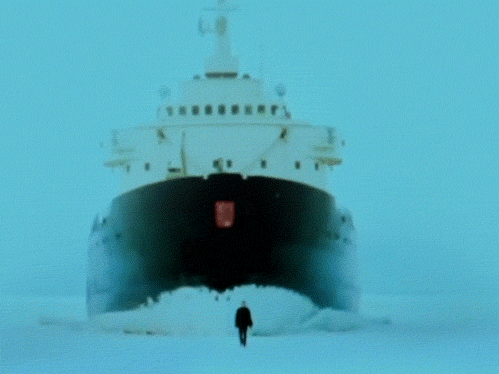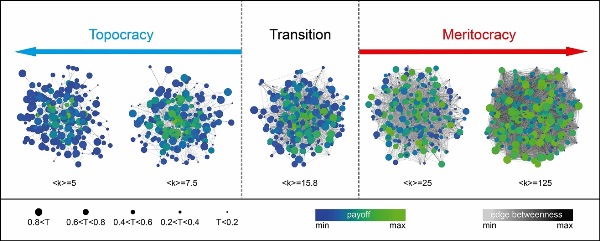The statistics of project failure are abysmal (two-third of projects fail – either outright, or by not providing the expected benefits). In addition, what is remarkable is that when they fail, they generally fail miserably – it is not just some statistical distribution due to the world uncertainties.
Psychology might offer an explanation for that interesting phenomenon, which I have actually observed in action in real projects. The prospect theory, mentioned and explained by Daniel Kahneman in the bestseller “Thinking, Fast and Slow“, shows that we tend to have some biases when deciding in an uncertain context.

What occupies us in this instance is the upper right corner: when there is a high risk of significant losses, we tend to take more risk than would be reasonable in the hope of being able to recoup our losses.
So, project managers, facing situations where the prospective outcome of their project is degrading fast, with a high probability of significant loss, would tend to take the risk of an (improbable) recovery rather than cut their losses. And in reality, it is a phenomenon I observe again and again in real project life.
As Daniel Kahneman observes, “This is where people who face very bad options take desperate gambles, accepting a high probability of making things worse in exchange for a small hope of avoiding a large loss. Risk taking of this kind often turns manageable failures into disasters.”
Make sure you can keep managing the situation. Learn to cut your losses instead of hoping for an uncertain recovery!



 I stumbled upon that video of an pretty unreasonable man seen tracing the way in front of an icebreaker. (It turns out it is a piece of art by
I stumbled upon that video of an pretty unreasonable man seen tracing the way in front of an icebreaker. (It turns out it is a piece of art by 






